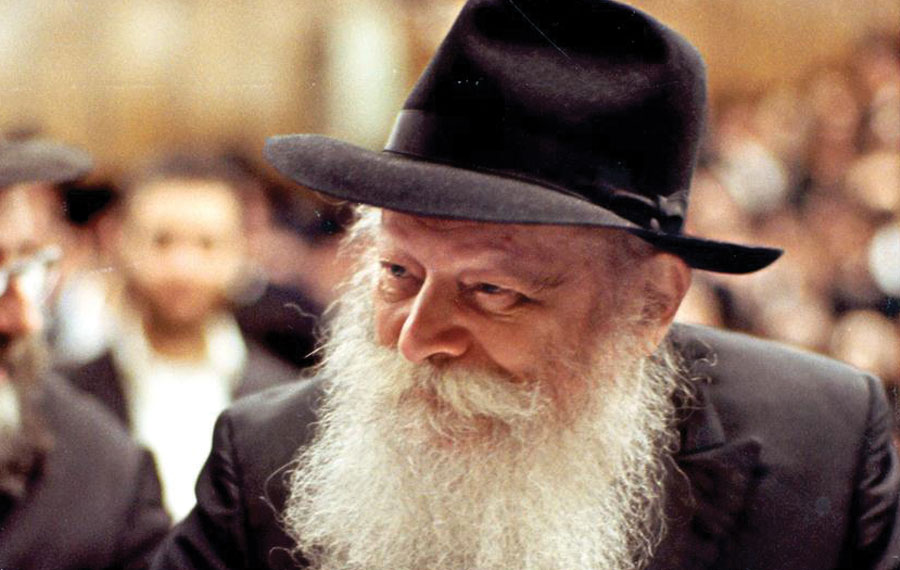The UK Chief Rabbi brings the explanation of the Lubavitcher Rebbe for the Mitzva of writing just one letter of a Sefer Torah.
The Lubavitcher Rebbe gave a beautiful explanation. In Parshat Vayelech, which read this Shabbat, the Torah presents us with the last of the Mitzvot. Mitzvah number 613 states “and now, write for yourselves this song, which is the Torah, and teach it to the children of Israel. Place it in their mouths”.
Why is there a mitzvah to write a Sefer Torah? We can fulfil this Mitzvah by writing just one letter of a Sefer Torah and it’s attributed to us as if we’ve written the whole Sefer. But why this imperative to be engaged in the writing of letters of the scroll?
The Rebbe explained, there is a Halakha which we learn from the Gemara in Mesechet Mehachot, Daf 29a. There Chazal tell us that all the letters must be “surrounded by blank parchment”. That is to say that no letter can be connected to any other letter. At the same time there is also a Halakha that each letter must be visibly part of its own word – and visibly separate from all other words.
Each letter represents an individual. The message of the letters of the Torah, is that each one of us should know that we are unique people. As a result, everyone should respect our own individuality, our unique nature and personality. At the same time, none of us should ever forget that we are an integral part of our nation and as a result, we have an ‘areivut’ – a responsibility, to selflessly care for others and reach out to them.
In addition, if one single letter of the Torah is ‘passul’ – rendered unfit, then the entire Sefer Torah is passul. From here we learn that if there is something “wrong” with just one of us, then every single one of us is affected as a result.
This is such a beautiful message for us and so apposite on the eve of the commencement of Slichot – a time when we’re just about to usher in a new year and when we’re engaging in ‘Cheshbon Hanefesh’ – introspection.
At this time, therefore, let us never forget how important each and every one us is and how we should develop ourselves and excel in our own personal way as individuals.
At the same time, we should never forget that everybody depends on us and is looking for us to pull our weight for the sake of our nation and for the sake of the world.
(Arutz 7).
